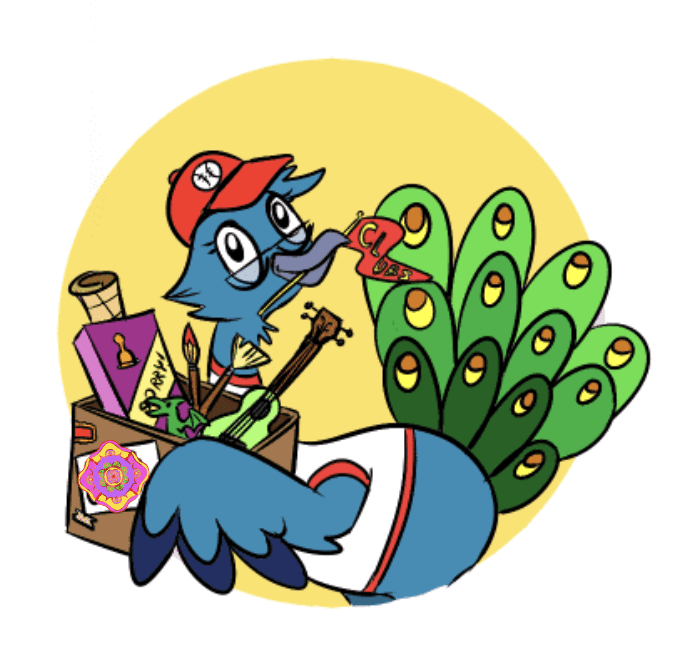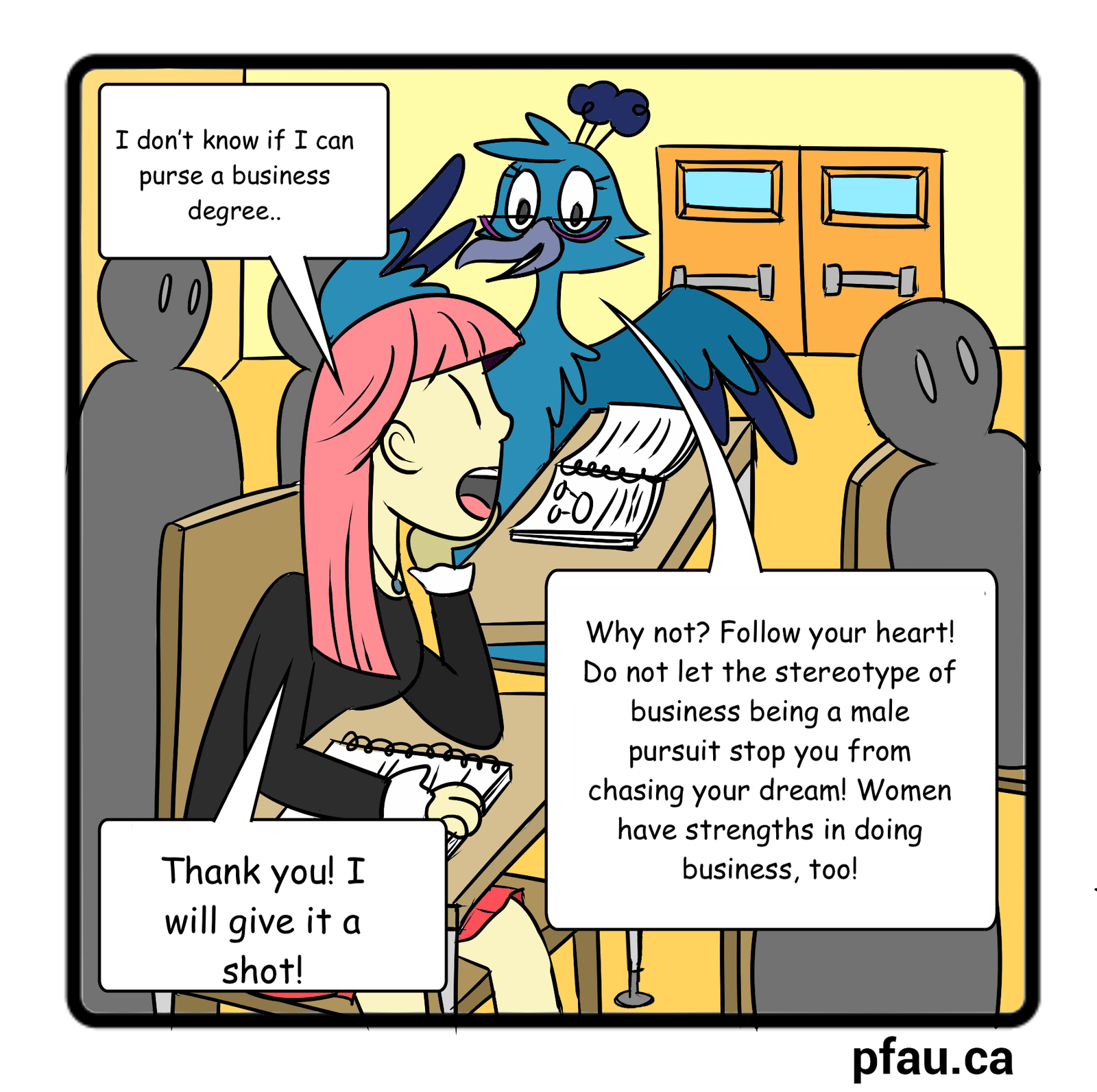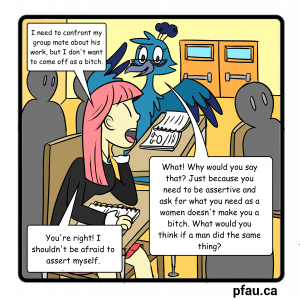We interviewed Natalia Hunter, PFAU Academic Writing Coach, about the art of writing a literary essay. For students accustomed to essays that require a lot of research, citations, and arguments on a specific topic, writing an essay for English 101 or Grade 12 English can be a real puzzle. This type of essay necessitates a more in-depth analysis of a particular text, or oftentimes only an excerpt of text. At first glance, it may seem easy, but it actually takes a high level of skill to write a strong literary essay. We thought this topic would be helpful to our listeners who are attempting their first literary essay or trying to improve upon a poor grade. Remember that writing is a practice that takes time and effort to improve upon.

Natalia has a Master’s in English from Wilfrid Laurier University and a Bachelors of English in Medieval Studies. While pursuing graduate studies, Natalia was a teaching assistant for the Laurier English department, leading weekly tutorial groups and working closely with students to assist with their understanding of the course material and help with their essay writing and critical thinking skills. Her own academic experience and work as a teaching assistant have given Natalia a keen eye for what it takes to do excellent literary analysis.
_
What would you say is the difference between a research paper and an English paper? How is research conducted in English compared to say the Social Sciences?
There’s a big difference. Especially with the Social Sciences, like you said, English qualitative versus quantitative. The main difference is in the research methods. In the social science, you’re focusing on experimental studies, while in English you’re looking for the answers within the text itself. So when you’re researching for a Social Sciences paper, you’re going to look out for other evidence to include in your argument. In an English paper, you’re looking at other scholarly opinions about the text. The main reason why you do that in English is to ground your argument within everybody else’s opinions. You want to make sure that you have a full scope of what the topic entails and that you can shape your argument. You can either disagree or agree with what the scholarly opinion that is out there. There’s definitely a massive difference between a regular research paper for the Social sciences and a research paper for English. In addition, there’s definitely techniques and skills that you have to develop to know how to research English papers that dependent upon how popular or how old the book is.
For example, a Victorian novel is going to have a lot more out there compared to a book published in the last few years. The amount of previous research on the book that you want to write about is another kind of difficulty that you have to face when researching for an English paper. I think a good example is if you’re looking into Jane Eyre. As a classic Victorian novel, there’s so much out there about this literary era as well as the book itself. There are several opinions, books, and journal articles written about Jane Eyre. Although there is a lot of preexisting on Jane Eyre, this in itself can be overwhelming. Therefore, it is important to narrow your topic down. You can do this by choosing a character, like Bertha. However, even in that case, you need to have an angle or perspective that you want to discuss about Bertha. For instance, if you’re going to do a gendered reading of Jane Eyre and you’re going to focus on feminist theories, then you would start looking at the key words when you search up articles about Jane Eyre. You would want to look at the things that include feminist theory and things about how the female characters are treated. You want to make sure that you’re focusing on a specific angle rather than just really looking taking a broad summative approach.
How can high school students in Grade 11 and 12 prepare themselves for the rigors of university English?
First off, the difference between high school and university is that you’re going to be reading so much more. This can be a massive shock to the system because you’ll have multiple readings a week. You could be reading a whole novel a week (300-400 pages) and just have one or two lectures on it before moving on. So it is very fast paced, and I think that that could be something that you could gradually get used to by increasing your reading capacity in advance of attending university. I recommend planning out and scheduling your reading times. This structuring can can especially helpful if you kind of have a numerical mind. If you like to think in numbers, breaking down the novel into small goals of reading a certain number of pages (ie. 25 pages) a day can help you to feel less overwhelmed with the amount of reading that you need to complete.
What would you say is your biggest takeaway from your English degree in terms of becoming a confident writer?
I think my main takeaway with writing was that there’s so many ways to phrase things and put things in a sentence and everybody’s going to have a different way of doing it. I think that’s amazing that everyone can have a different voice and style. Everyone can be tasked with the same thing and not say it in the same way. It’s okay to not write something in the same way that someone else does. There’s definitely ways of improving your writing style. Obviously, being more concise and using appropriate language are useful skills. But at the end of the day, I think it’s really amazing that everyone can have their own style. In the beginning, developing your own style can be overwhelming because you’re thinking – “is everyone so much smarter than me?”; “what’s that person saying?”; “how are they saying it”; and so forth. You end up comparing yourself to someone else. I think at the end of the day, you’re never going to write something the same way as someone else, and that is a really good thing.
Recommended Books and Resources
Jane Eyre by Charlotte Brontë
The Birthmark by Nathaniel Hawthorne
Thank you, Natalia, for sharing the excellent advice with us and our readers!
Missed Podcast? Watch Video Here:
_
_
For more advice about writing, check out our weekly, podcast, videos, or subscribe to our monthly newsletter.
_
To get more help with your assignments, book a 20 minute discovery session with us and start your journey to reaching your full potential on the page, and in life.
Both the written, visual, audio, and audiovisual content of this post has been created by and is the intellectual property of Lisa Pfau and PFAU Academic Writing. Please do not replicate any of the above content without our consent. However, please do feel free to share this post and its authorship widely.












